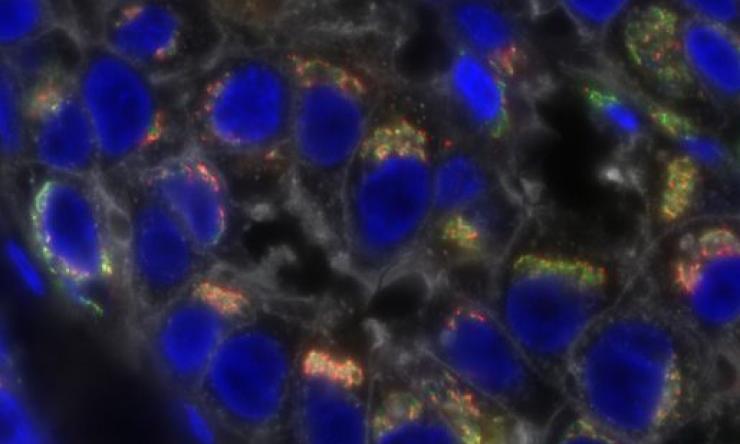MAPK4, novel therapeutic target for triple-negative breast cancer
Scientific evidence supporting the involvement of the enzyme MAPK4 in cancer growth and resistance to certain therapies has been growing quickly. In a current study published in the journal Nature Communications, a team at Baylor College of Medicine and collaborating institutions reports that MAPK4 seems to play an important role in triple-negative breast cancer (TNBC), a devastating disease with limited therapeutic options.
Analyzing public genomic datasets, the researchers discovered that a large subset of TNBC expresses significant levels of MAPK4. Eliminating MAPK4 reduced human TNBC cell growth in animal models and sensitized the cells to therapies involving blocking PI3K, a known cancer-growth-promoting signaling pathway. The findings support further studies investigating the possibility that targeting MAPK4 in TNBC may offer improved treatments.
“In this work, we have combined two long-term interests of my lab: studying the role MAPK4 plays in human cancers and better understanding breast cancer, the most commonly diagnosed cancer worldwide,” said corresponding author Dr. Feng Yang, assistant professor of molecular and cellular biology and a member the Dan L Duncan Comprehensive Cancer Center at Baylor. “In particular, this study focused on TNBC, the subtype of breast cancer that is the hardest to treat.”
The researchers first analyzed the gene expression profiles of 817 human breast cancers in the Cancer Genome Atlas dataset, including a variety of breast cancer subtypes. They found that MAPK4 expression is elevated in 30% or more in the basal-like breast cancer subtype, 70 to 80% of which are TNBC.
In addition, the team analyzed MAPK4 expression in the breast cancer patient-derived xenograft (PDX) collection from Baylor’s cancer center, the majority of which are TNBC. PDX refers to a type of animal model of human cancer that closely recapitulates the human condition. In a large subset of the TNBC PDX tumors, Yang and his colleagues also found high expression of MAPK4.
“Previous work from our lab had shown that MAPK4 can play a cancer-promoting role in other cancer types, such as prostate cancer,” Yang said. “Finding that the levels of MAPK4 are elevated in a significant subset of TNBC prompted us to investigate whether MAPK4 could also contribute to TNBC.”
In seven different human TNBC cell lines, some expressing higher levels and others lower levels of MAPK4, the team manipulated MAPK4 gene expression levels. After eliminating MAPK4 by either knockdown or knockout approaches, the cells’ growth was significantly reduced, suggesting that MAPK4 plays a part in TNBC. The researchers also increased the levels of MAPK4 in low-expressing TNBC and this promoted cell growth. Together, these findings support a role for MAPK4 in TNBC growth.
Yang and his colleagues then dug deeper into the mechanism behind MAPK4’s cancer-promoting role in TNBC. “We had previously found that MAPK4 promotes growth in other cancer types by activating in cells a cancer-promoting signaling pathway called AKT,” Yang said. “Here we showed that this is also the case in TNBC.”
TNBC can activate AKT via two independent mechanisms: one mediated by MAPK4 and the other by another enzyme called PI3K, as previously described.
“We knew that alterations in the PI3K pathway were common in TNBC, but yet the therapeutic benefits of PI3K inhibitors were limited,” Yang said. “Here we provide a mechanism that can explain the inhibitors lack of efficacy.”
The team proposed that inhibiting PI3K would leave the cells with the possibility of activating AKT via MAPK4 and thus continue to grow.
Confirming this idea, the researchers found that knocking down MAPK4 resulted in the cells being sensitive to PI3K inhibitors and reducing cancer growth, Also, overexpressing MAPK4 in low-expressing TNBC empowered the cells to resist the effect of PI3K inhibitors and continue to grow.
“Altogether, our findings suggest a new therapeutic opportunity for TNBC based on MAPK4 expression, perhaps including a combination of inhibitors to help control cancer growth,” Yang said. “Future studies will help clarify this idea.”
Wei Wang, Dong Han, Qinbo Cai, Tao Shen, Bingning Dong, Michael T. Lewis, Runsheng Wang, Yanling Meng, Wolong Zhou, Ping Yi, Chad J. Creighton and David D. Moore also contributed to this work. The authors are affiliated with one or more of the following institutions: Baylor College of Medicine, Dan L Duncan Comprehensive Cancer Center, Adrienne Helis Malvin Medical Research Foundation, New Orleans and University of California – Berkeley.
This research was supported by grants from the Department of Defense Congressionally Directed Medical Research Programs (W81XWH-17-1-0043), the Cancer Prevention Research Institute of Texas (RP130651, RP200493, RP170691), the National Institutes of Health (CA125123, U54-CA224076), and the R.P. Doherty Jr.–Welch Chair in Science (Q-0022).







 Credit
Credit


